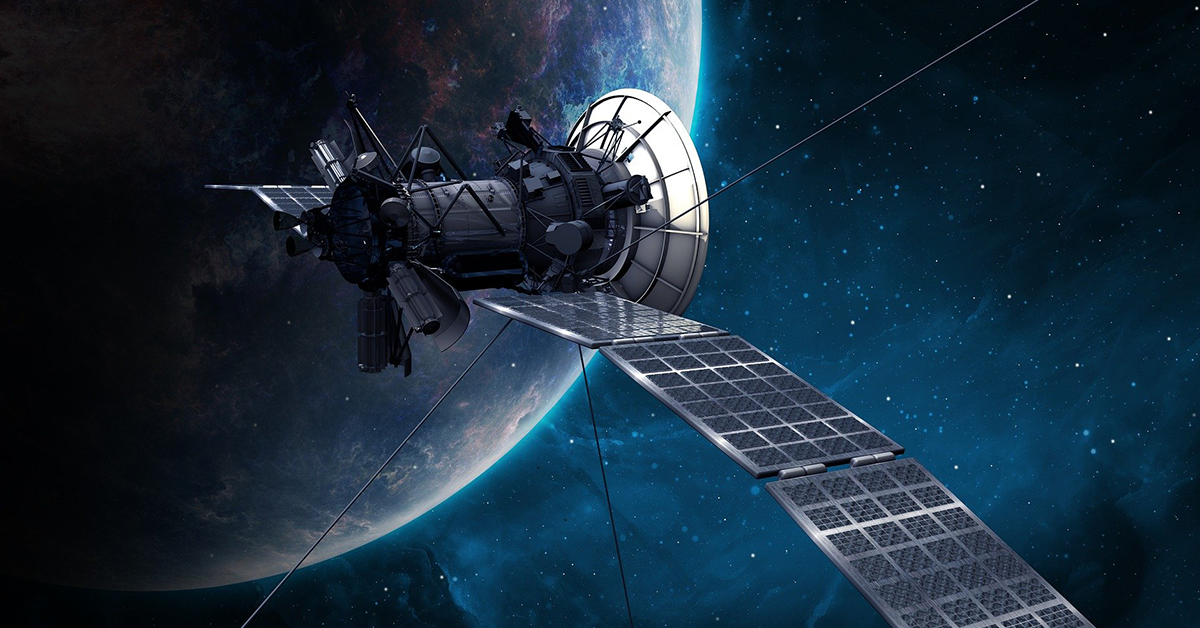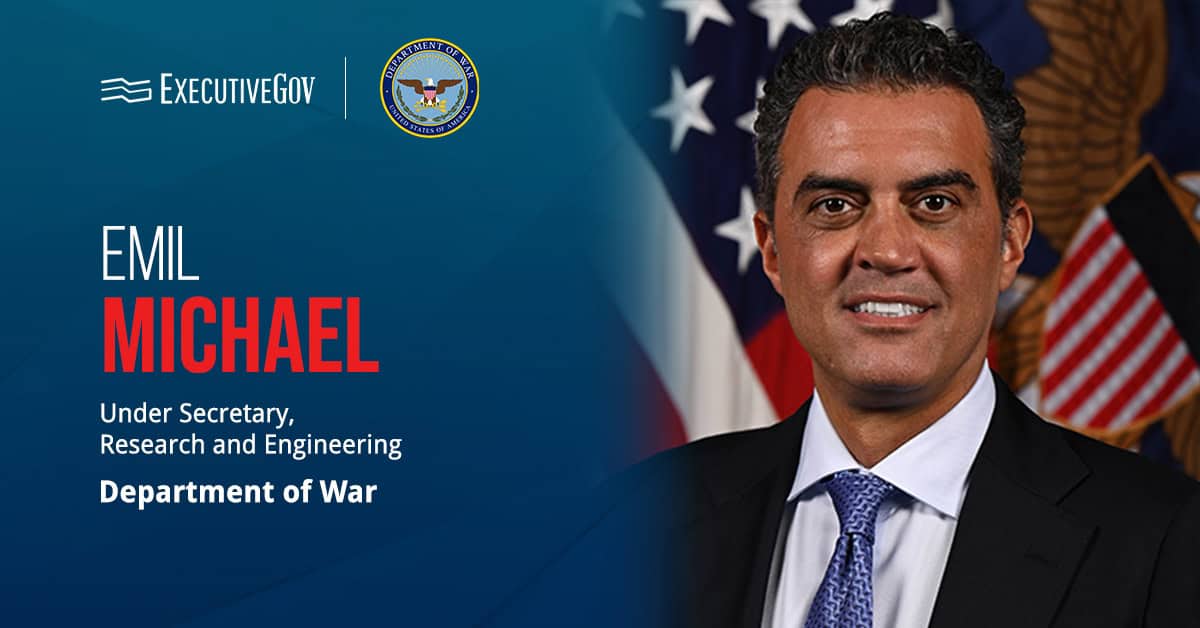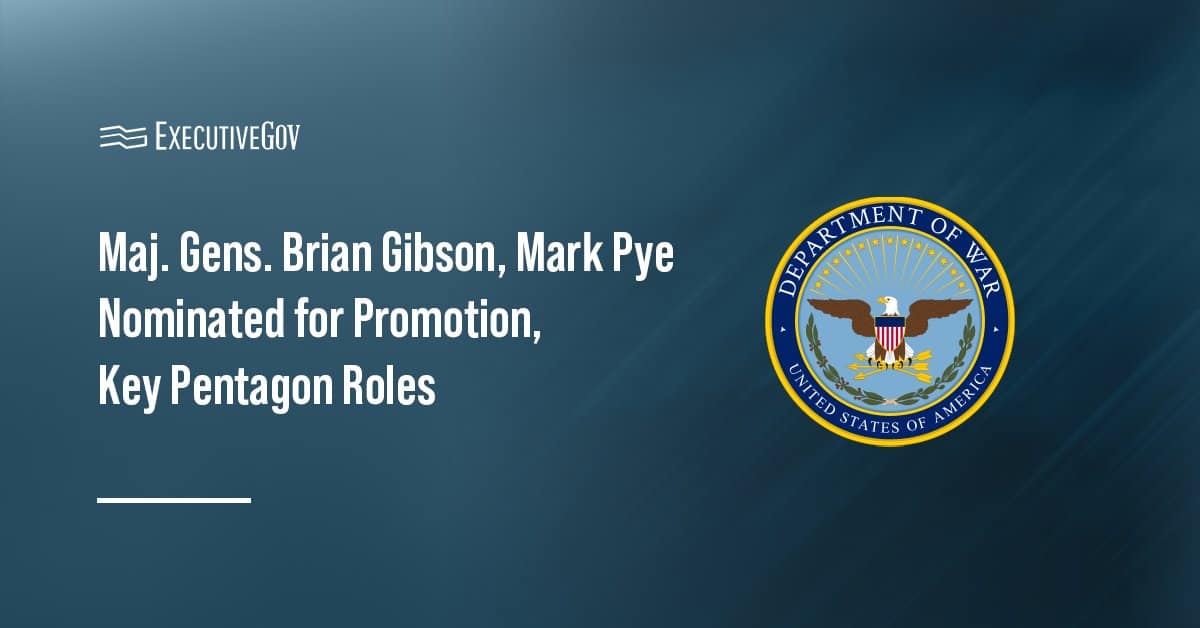NASA has begun seeking industry input on the draft requirements and standards of a multiphase strategy to develop end-to-end services for commercially owned and operated low-Earth orbit destinations.
A notice posted Saturday on SAM.gov states that the draft document outlines requirements and standards for crew and systems supporting the commercial LEO destination and crew transportation system.
According to NASA, the requirements will be used to certify commercial systems for government use.
NASA’s Commercial LEO Development Program aims to build and expand commercial on-orbit activities by transitioning current International Space Station operations to new CLDs and acquiring end-to-end services, such as ground and mission system development and crew and cargo transportation, from the private sector.
Interested parties have until Nov. 17 to submit comments on the draft requirements.





